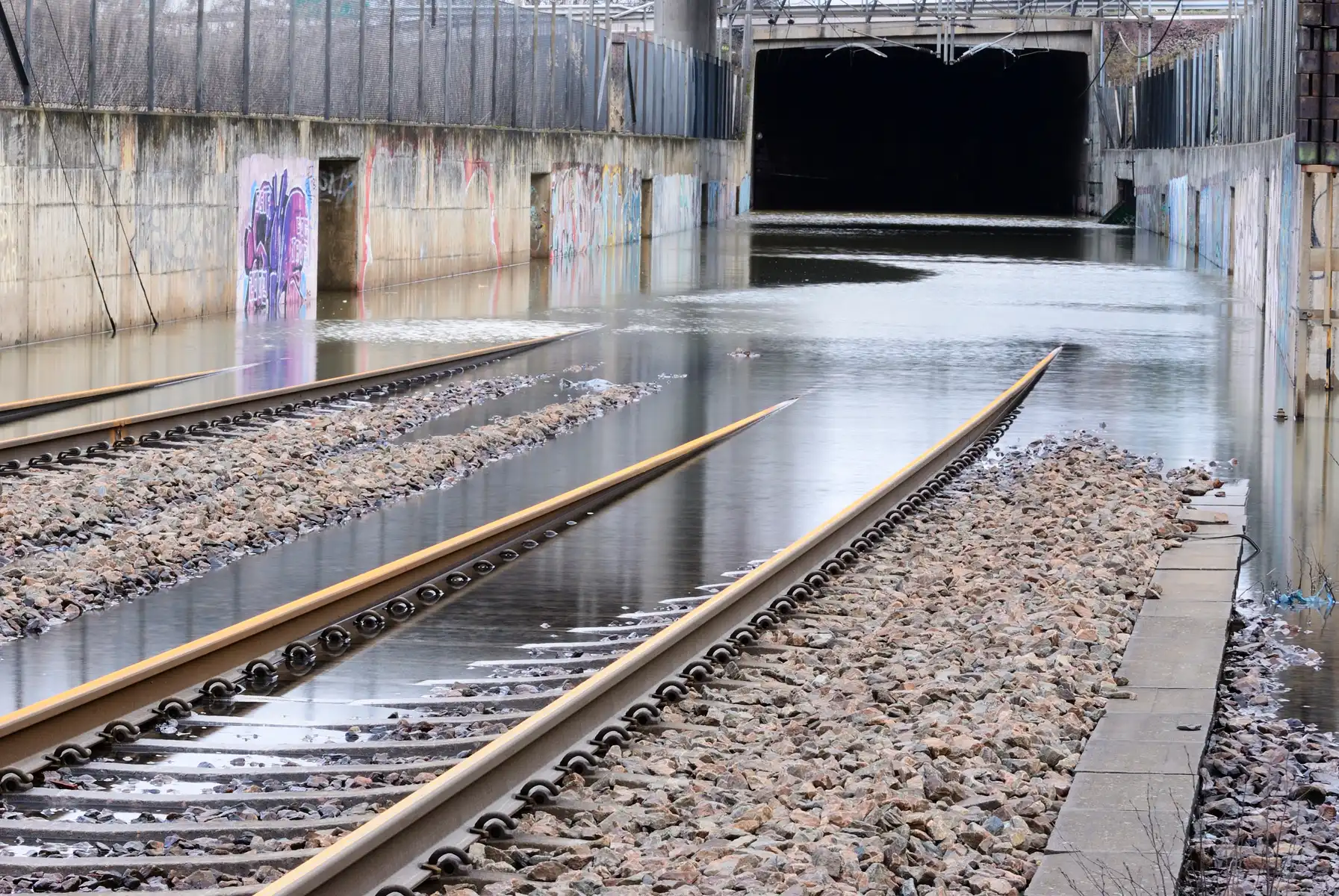SCOPE: Staying Crisis-Oriented with Preparedness and Early Warning

The SCOPE project tackles the growing risks from natural and human-induced disasters, such as floods, by focusing on disaster risk management strategies that integrate prevention, preparedness, response, and recovery.
Natural hazards and human-induced disasters pose significant risks to people, property, the environment, and cultural heritage. Disaster risk management policies aim to mitigate these threats through prevention, preparedness, response, and recovery efforts.
Recent floods in Europe and Spain have highlighted the need for improved early warning systems and coordinated, multi-sectoral disaster preparedness approaches. In 2021, severe flooding in Europe tragically claimed over 230 lives, displaced thousands, and led to more than €12 billion in insured losses. The floods caused extensive infrastructure damage, including to highways, access routes, water and electricity systems, hospitals, care homes, and pharmacies. Early warning systems failed due to power outages, while mobile phone and radio data showed that 52% of response teams were delayed by road closures.
More recently, Spain experienced its deadliest floods in decades. Torrential rains flooded towns and roads, caused rivers to overflow, left thousands without power or clean water, and led to over 200 deaths. These events highlight the urgent need for enhanced early warning systems with longer lead times to support comprehensive, multi-hazard, and multi-sectoral preparedness and planning.
Through a collaborative, adaptive approach, SCOPE brings together stakeholders, including Swedish government agencies, sector organisations, and researchers from institutions like MSB, SMHI, SGU, SEPA, and the Centre for Natural Hazards and Disaster Science. These partnerships aim to create actionable roadmaps for disaster resilience, enhancing early warning capabilities, and extending lead times to better support communities facing hydroclimatic threats.
A critical component of SCOPE is its structured communication plan, designed to strengthen resilience through active stakeholder engagement and information sharing. Key activities include mapping relevant research at KTH, identifying stakeholders, hosting workshops, and providing continuous updates through social media and a project website. These efforts ensure that stakeholders stay informed, involved, and equipped to address complex disaster scenarios effectively. While focused on national resilience, SCOPE’s findings and methodologies have global relevance, contributing to advancements in hydroclimatic risk forecasting and societal resilience against evolving disaster challenges.
SCOPE also aims to develop adaptive action roadmaps in close collaboration with Swedish government agencies and sector organizations — including MSB, SMHI, SGU, SEPA, Boverket, Svensk Vatten, Insurance Sweden, LRF, and SKR — as well as researchers from leading programs and networks such as Mistra Food Futures (SLU), Mistra Geopolitics (SEI), Mistra InfraMaint (RISE), the Centre for Critical Infrastructure Protection (Lund University), the Centre for Natural Hazards and Disaster Science (Uppsala University), and the Water Centre (KTH).
Ongoing research at KTH already addresses these questions, e.g. the DeepFlood and CrisAct projects. Results from these projects will be part of the project.
Project period
2025
